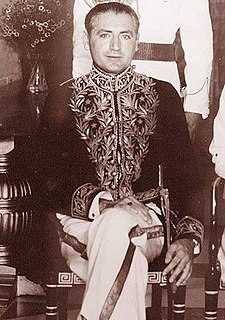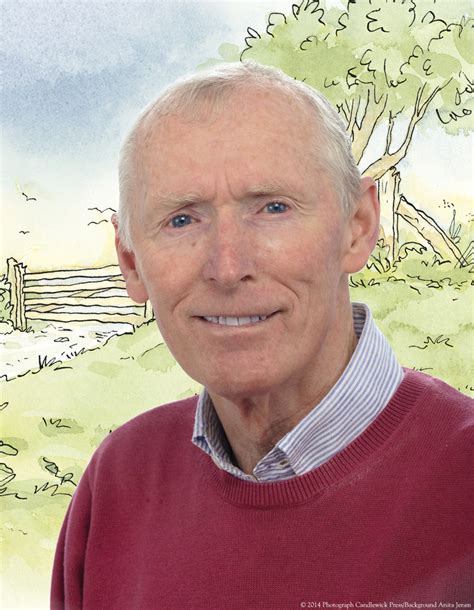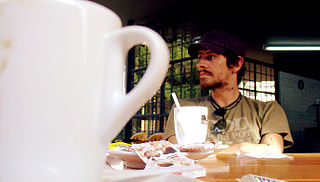A Quote by Aldous Huxley
Books have their destinies like men. And their fates, as made by generations of readers, are very different from the destinies foreseen for them by their authors. Gulliver's Travels, with a minimum of expurgation, has become a children's book; a new illustrated edition is produced every Christmas. That's what comes of saying profound things about humanity in terms of a fairy story.
Related Quotes
If some things aren't going well, do something; never wait for the things to be ok by themselves! Do something; change the direction, change the parameters, change the criteria, change anything you wish to change! To change is to create a new destiny! Remember, you have thousands of different destinies; change is your instrument to switch from one destiny to another! Remember, you have thousands of different destinies!
We all become different readers in how we respond to books, why we need them, what we take from them. We become different in the questions that arise as we read, in the answers that we find, in the degree of satisfaction or unease we feel with those answers...In the hands of a different reader, the same story can be a different story.
People often ask authors where their ideas come from, and often authors say they don't know. But I do know about this one. Once upon a time, my wife and I had three small children -- two boys and a girl, just like in the story. And when they were young, we used to tell them a story very like YOU'RE ALL MY FAVORITES.
The gods weave misfortunes for men, so that the generations to come will have something to sing about.” Mallarmé repeats, less beautifully, what Homer said; “tout aboutit en un livre,” everything ends up in a book. The Greeks speak of generations that will sing; Mallarmé speaks of an object, of a thing among things, a book. But the idea is the same; the idea that we are made for art, we are made for memory, we are made for poetry, or perhaps we are made for oblivion. But something remains, and that something is history or poetry, which are not essentially different.
Every generation likes to think that children don't read as much as they used to when they were young! You listen to some adults saying they were going around reading 'Ulysses' when they were seven or eight! I think children are voracious readers if you give them the right books and if you make those books accessible to them.
There's a whole slew of wonderful speculation of flying in a fanciful way. Gulliver is one of the central examples; Swift has the hum of Arabian Nights in his ear with Gulliver's Travels. The difference is in scale - Gulliver as a kind of Sinbad kind of figure, the way he is picked up and carried. Just to finish up with Scheherazade, I do think that The Arabian Nights could be considered as a great book on women's position in the world.
Teachers and librarians can be the most effective advocates for diversifying children's and young adult books. When I speak to publishers, they're going to expect me to say that I would love to see more books by Native American authors and African-American authors and Arab-American authors. But when a teacher or librarian says this to publishers, it can have a profound effect.
There are many readers of the book, who don't know anything about the authors and the artists. There is more than one author. It doesn't matter, if you can't make the reader dive into the story and surround him with that environment and those characters. That's an experience that lasts longer than figuring out who did what. I think that's what makes our working relationship better, it helps us to make a book that feels unique and not like different voices.
X-Men is not a story about superheroes, but a story about the ongoing revolutionary struggle between good/new and bad/old. The X-Men are every rebel teenager wanting to change the world and make it better. Humanity is every adult, clinging to the past, trying to destroy the future even as he places all his hopes there.
The Greeks used to use the same stories, the same mythology, time after time, different authors. There was no premium placed upon an original story, and indeed, Shakespeare likewise. A lot of people wrote plays about great kings. They didn't expect a brand-new story. It was what that new author made of the old story. It is probably the same now. We disguise it by inventing what seem to be new stories, but they're basically the same story anyway.




































